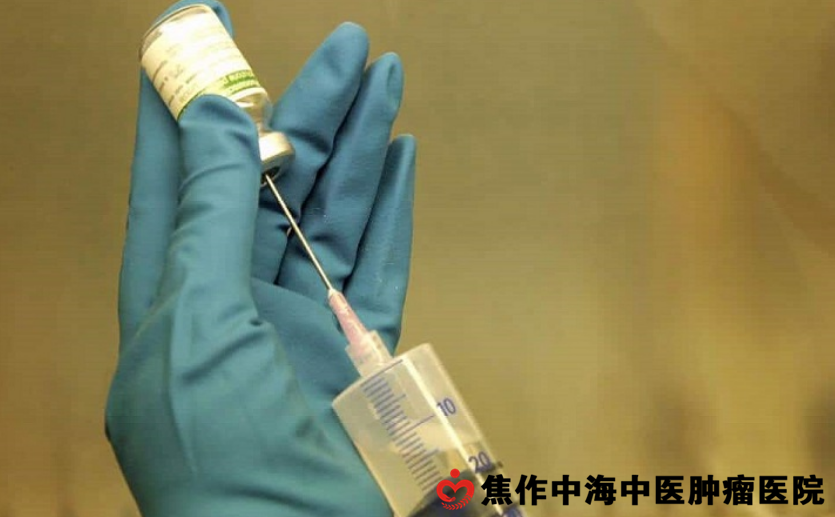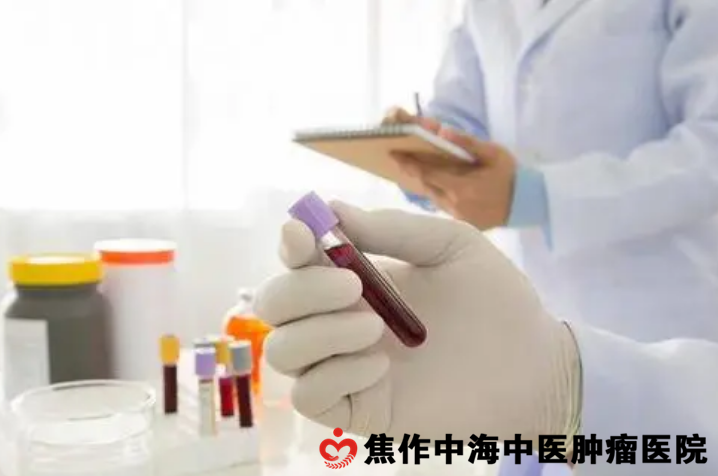1. What is neoadjuvant chemotherapy for ovarian malignant tumors?
Neoadjuvant chemotherapy, also known as early chemotherapy, refers to selecting effective chemotherapeutic drugs and giving patients a limited course of chemotherapy on the basis of clear diagnosis of malignant tumors (the number of courses of neoadjuvant chemotherapy recommended by international guidelines ≤ 4). The main purpose of neoadjuvant chemotherapy is to reduce the tumor load, reduce the adhesion between the tumor and the surrounding tissue, and create opportunities for the completion of ideal tumor cell reduction surgery. For some patients who cannot tolerate surgery, they should restore their physical fitness and look for surgical opportunities after chemotherapy.
2. What is cytoreductive surgery for ovarian malignant tumor.Different from the surgical principles of other malignant tumors, the surgical treatment principle of ovarian cancer is "maximum removal of the tumor", through surgical resection of the tumor as far as possible to achieve the goal of satisfactory tumor reduction. First of all, the uterus and bilateral ovaries / fallopian tubes need to be removed. Secondly, the greater omentum and appendix which are prone to tumor cell metastasis should be removed. The operation of early ovarian cancer also needs to remove the pelvic and retroperitoneal lymph nodes and carry out the full staging of ovarian cancer, so the operation of early ovarian cancer is also known as full staging surgery. If the tumor is metastasized to the peritoneum, mesentery and intestines, tumor cell reduction surgery for ovarian cancer is recommended. Satisfactory tumor cell reduction surgery means that there is no naked eye residual focus or the maximum diameter of the residual tumor is ≤ 1cm, in order to achieve long-term remission or even radical cure by postoperative chemotherapy. Sometimes, in order to achieve satisfactory tumor cytoreductive surgery and improve the prognosis of patients, it is necessary to remove the bladder, intestine, spleen and even part of the liver.


